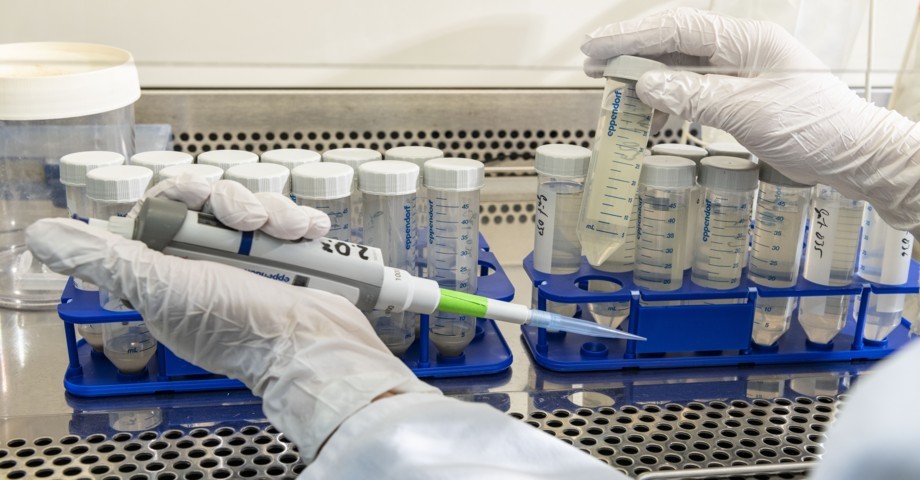
Department of Applied Microbial Ecology
What are the mechanisms underlying the astonishing versatility, adaptability and robustness of microbial ecosystems? Can we make use of these ecological principles to exploit and optimize desired microbial activities in technical ecosystems? Will it be possible to manage highly diverse microbial communities in order to steer their capacity to degrade wastes and support crops? Why do natural organic compounds not accumulate to any significant extent in the biosphere?
To answer these and similar questions, we in the Department of Applied Microbial Ecology investigate complex microbial communities and their importance for the reliability of microbial ecosystem services. Regarding the incredible diversity of microbial ecosystems, the invisibility of the microbial actors and the infinite number of possible interactions between them and with their environment, we require solid ecological knowledge on the one hand and highly sensitive and high-resolution methods (molecular, optical, chemical-analytical, data sciences etc.) on the other.
The research of our Department includes the entire range of microorganisms (including viruses) in both terrestrial and aquatic environments. Making use of a unique mix of disciplinary backgrounds and expertise, UMB researchers acquire in-depth knowledge of the ecological relationships controlling the functioning of microbial ecosystems. They combine observations in natural environments, lab and field experiments with mathematical modelling and data sciences in order to apply ecological concepts to verify, support and explain their findings.
This knowledge finds its application in the development of ecologically inspired methods of soil remediation and water treatment, the establishment of environmentally sound material cycles in agricultural practice, as well as in the development of methods for the monitoring and process control of microbial communities in natural and technical ecosystems.
